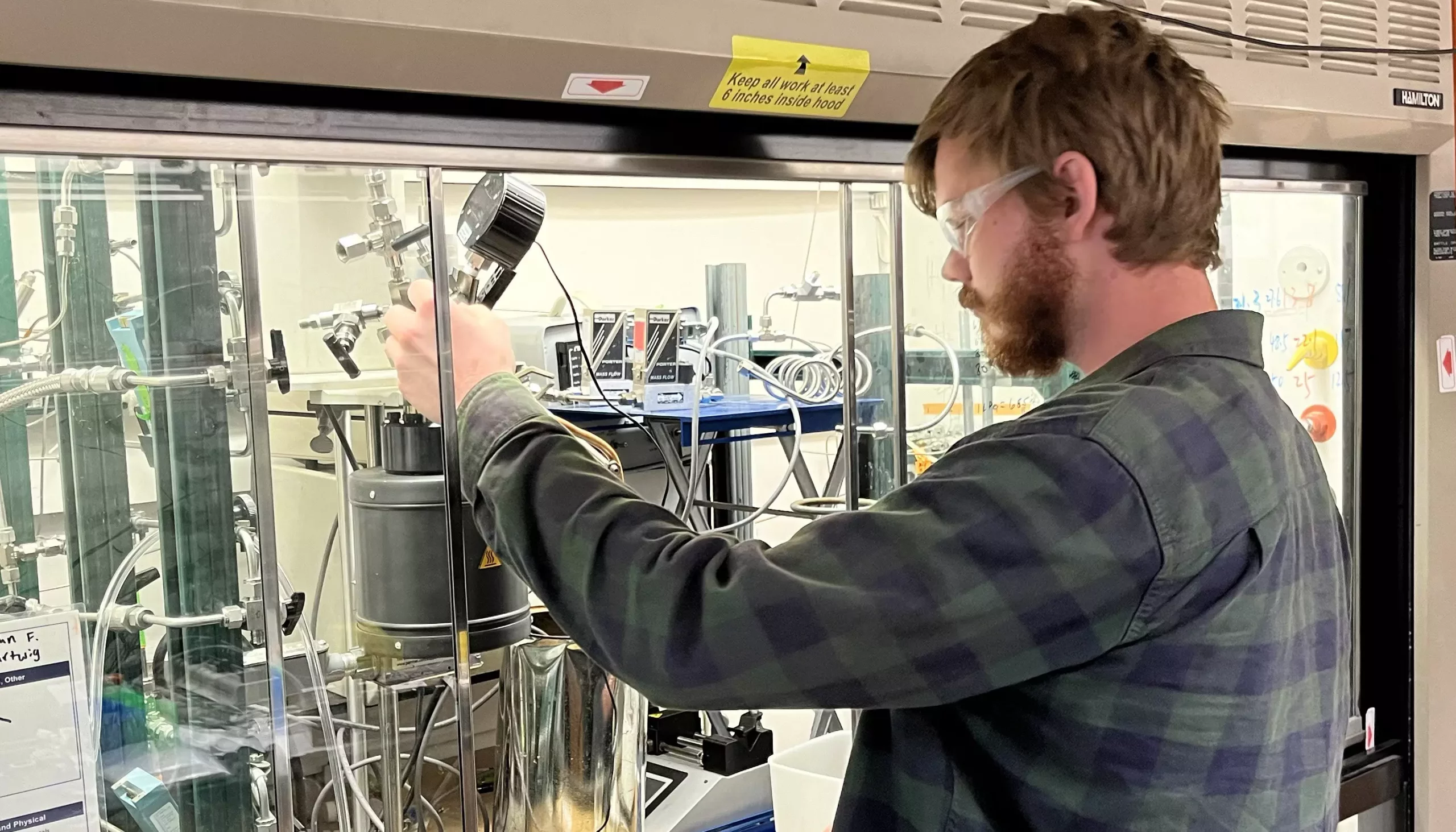As the world grapples with overwhelming plastic waste, the need for innovative recycling technologies has never been more critical. Traditional recycling methods often fall short, leading to an alarming amount of plastic waste—roughly two-thirds of post-consumer plastic does not see a second life. Instead, it often finds its way into landfills, incinerators, or even the ocean, where it contributes to a growing microplastic problem. In light of this environmental crisis, researchers at the University of California, Berkeley, are pioneering a groundbreaking chemical process that has the potential to revolutionize how we handle plastic waste, transforming it into valuable materials for new plastics and moving us closer to a circular economy.
The innovative catalytic process developed at UC Berkeley primarily targets two of the most prevalent types of post-consumer plastic: polyethylene, commonly found in items like plastic bags, and polypropylene, used in many hard plastics such as containers and luggage. This new method essentially “vaporizes” these plastics, breaking them down into their hydrocarbon building blocks—the monomers—which can be reused in the manufacturing of new plastics. This is significant, given that polyolefins (the category that includes both polyethylene and polypropylene) dominate the plastic landscape and yet have been notoriously difficult to recycle effectively.
Lead researcher John Hartwig emphasizes the sheer volume of these materials in everyday life, illustrating the pressing need for effective solutions. By converting these widely used plastics back into their constituent monomers, this research offers a remarkable opportunity to mitigate environmental damage while reducing reliance on fossil fuels for new plastic production.
The heart of this new recycling process is the use of solid catalysts, which replace previous expensive, soluble metal catalysts that were both less effective and difficult to recover. The team has developed a combination of sodium on alumina and tungsten oxide on silica, which together break down polyolefins much more efficiently. The tungsten catalyst particularly shines in its ability to dismantle polypropylene chains more effectively than prior options, resulting in high yields of propylene and isobutylene, both of which are valuable to the chemical industry for producing a variety of products.
What sets this catalytic process apart is its ability to function continuously, as the solid catalysts can be reused and scaled up to handle larger volumes, making it a practical solution for potential industrial application. By ensuring that the plastic waste can be transformed back into useful raw materials, this process effectively closes the loop in plastic production—a fundamental step towards achieving a circular economy.
One noteworthy aspect of this process is its resilience to contamination. Initial tests by graduate student RJ Conk revealed that small amounts of plastic additives and other impurities had minimal impact on the conversion efficiency. However, the presence of certain plastics, like PET and PVC, did compromise efficiency. Fortunately, existing recycling practices already tend to separate different plastics, which could mitigate this challenge in a large-scale application.
As researchers continue to explore the nuances of this process, it becomes increasingly evident that developing sustainable practices for existing plastics is essential for bridging the gap until newly designed, easily recyclable materials become mainstream. Hartwig expresses the urgency of addressing the reality that polyethylene and polypropylene will remain prevalent for the foreseeable future.
The findings of the UC Berkeley team signal a revolutionary shift in the capacity to recycle plastics sustainably. With the potential to develop commercial plants that implement this process, the vision of a world where plastic waste is minimized could become a tangible reality. While enhancing recycling efforts is crucial, it will also require collaboration across various sectors, from polymer producers to policymakers, to create a robust system that consistently prioritizes sustainability.
The advances in recycling technology heralded by UC Berkeley researchers reflect a vital step toward addressing the pressing plastic waste crisis. As these innovative methods are refined and potentially adopted on a large scale, they open new avenues for a sustainable future—a future where plastic is not a burden but a valuable resource, fundamentally reshaping our approach to consumption and waste.


Leave a Reply